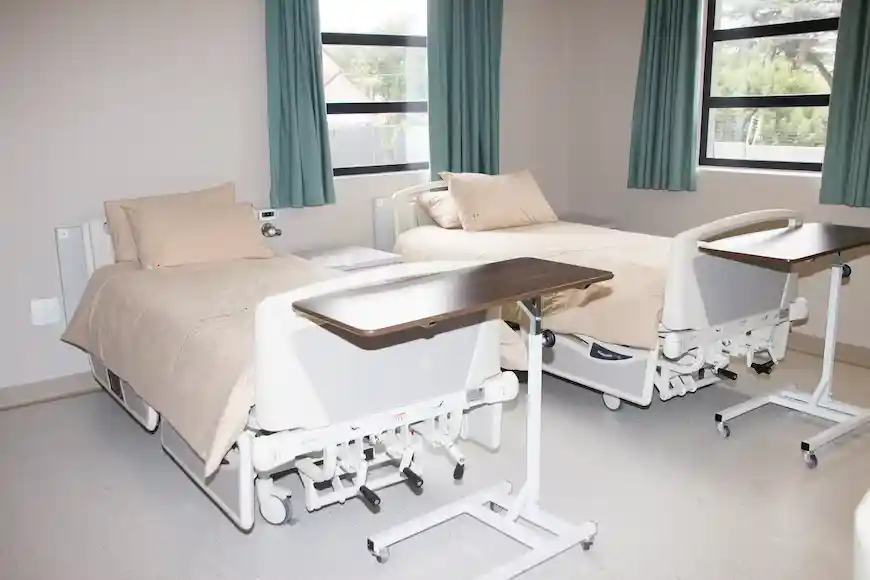The emergence of value-based and personalized healthcare has had the industry in a flux. The pressure is stronger than ever for healthcare practitioners to deliver quality patient care.
Trends such as remote healthcare, wearable medical devices, and Artificial Intelligence (AI) are dominating the current landscape. The same holds true for the mental health space. Practitioners are rigorously adopting new technologies to enhance patient outcomes and streamline operations.
One key technology helping mental health practitioners improve their outpatient experience is the mental health practice management software. Let’s get to know all about it.
What is the Mental Health Practice Software?
Mental health practice management software aims at assisting mental health practitioners. Its main role is to take care of repetitive tasks.
These include scheduling, patient records, billing, and more. Since the software shares much of the task load, mental health providers can focus on what they do best – delivering quality patient care.
This is mainly the reason why the demand for this software is increasing. As per Global Market Insights, the mental health software market is expected to reach a gigantic $18.3 billion by the year 2030.
How This Software Improves Outpatient Experience
Mental health practitioners have a lot to benefit from the use of mental health management software. These benefits include –
1. Better Efficiency
Solid mental health management software will make your team more efficient by taking care of recurring administrative tasks. For instance, mental health practice software offered by providers like Owl Practice is used by healthcare practitioners to automate tasks such as record management, video therapy, invoicing, scheduling appointments, etc.
Efficiency improves because your team achieves more in less time. Not only that, but it also makes crucial data easily accessible.
2. Saves Time
In any industry, especially the healthcare sector, time is money. With the mental health practice software taking care of repetitive administrative tasks, your team has extra time on their hands.
This time can be dedicated to personalized patient care.
3. Enhanced Patient Care
As a mental health provider, you know you’re doing things right when patients are satisfied with your services. This is only possible through value-based patient care.
The mental health practice software makes the process easier by streamlining operations. For example – you can easily automate and manage appointments, maintain patient medical records, etc. This reduces hospital stays and facilitates easier management of illnesses.
Common Features of Mental Health Practice Software
The market is flooded with different kinds of mental health practice software. Each offers a unique set of features. However, these common ones are also available –
1. Billing and Insurance
Billing is a crucial component of a mental health clinic. Patients want the reassurance that their treatment is covered through insurance.
Also, they want access to multiple modes of payment. The billing and insurance feature of the software includes automatic payment options. It also enters the bank charges once a session has expired.
2. Appointment Scheduling
Every mental health provider knows the importance of maintaining a patient schedule. The software’s appointment scheduling feature allows you to create, maintain, and edit schedules.
This way, there are no date or time clashes, thereby preventing unnecessary cancellations and confusion.
3. Reporting and Analytics
These two features are of utmost importance in running a mental health practice. You need to know whether or not patients are satisfied. The reporting feature allows you to monitor business performance.
Similarly, the analytics feature helps in predicting future concerns. For instance – Suppose one of your patients frequently suffers from depression. You can use this feature to predict related issues that may arise in the future. This will enable you to take measures that prevent negative outcomes.
4. Tele-health
In case patients are not able to make it to your clinic, the software will help you extend telehealth services. These include web-based clinical assessment, diagnosis, and disease management or treatment plan.
Besides the usual video-conferencing, you can deliver telehealth services through secure messaging, phone calls, and emails. Though telehealth was adopted as a part of the COVID-19 protocol, McKinsey’s survey reveals that it continues to remain in demand, especially in the sphere of mental health.
The Takeaway
With the healthcare sector evolving at a lightning pace, therapists need invaluable mental health practice software. This will not only streamline operations but also save time and resources.
The software is capable of much more than tracking patient data. With such an incredible asset at your fingertips, you can deliver quality outpatient care whilst expanding your practice.

1 comment
[…] counseling has overcome geographical barriers and increased access to mental health services. It enables individuals residing in remote areas with limited access to in-person counseling to […]